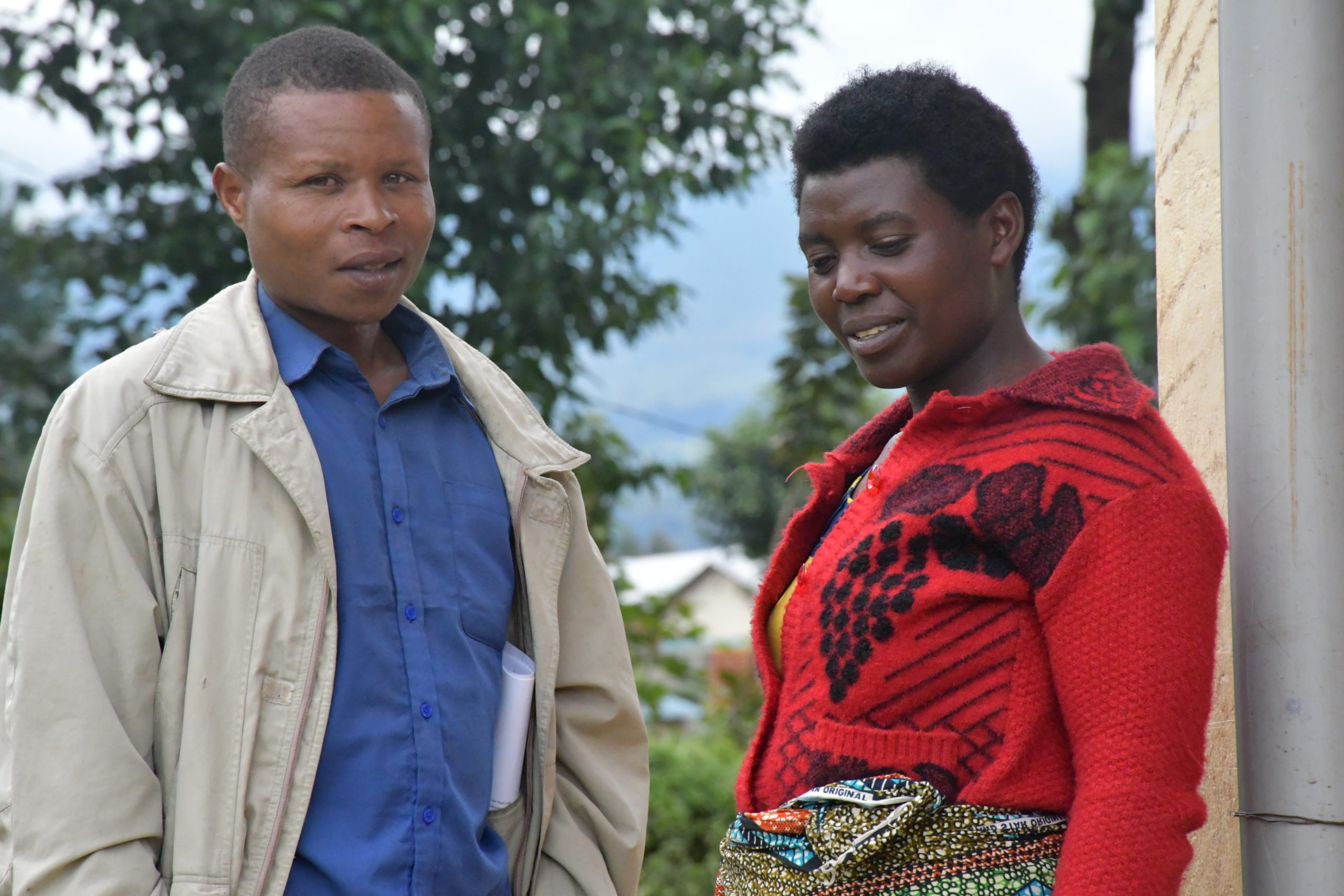Building peaceful homes is the heartbeat of any healthy society. But this isn’t always the case, as some families continue to face conflicts and turmoil leading to unstable and broken homes.
Among other issues, Gender-Based Violence (GBV) remains among the biggest factors hindering stable families.
Despite efforts from the government to address GBV, the predicament still prevails. For example, according to Rwanda Demographic and Health Survey (RDHS) 2019/2020, 45% of women have ever experienced physical or sexual violence.
The country also has a 46% rate of lifetime physical and/or sexual intimate partner violence. Ever-married women are more likely to have ever experienced physical and sexual violence than those who have never been married, thus intimate partner violence is more prevalent than other forms of violence.
The likelihood of experiencing any form of violence increases with spouses’ alcohol consumption. Overall, 85% of women whose husbands are often drunk have ever experienced physical, sexual, or emotional violence, compared with 26% of women whose husbands do not drink alcohol (NISR, 2020).
It is in this line that Haguruka is running a project, Ingo z’amahoro, loosely translated as peaceful homes, to empower women and girls including GBV victims on their rights and combat gender-based violence.
Supported by Kvinna till Kvinna (KtK), activities will be implemented in line with Haguruka’s mission and KtK’s priorities to raise awareness, build capacities on GBV, Sexual and Reproductive Health and Rights (SRHR), conflict prevention and management, and leadership and support GBV victims to access justice.
The project targets a range of beneficiaries from Musanze and Gasabo districts, where the focus is; raising awareness among citizens on GBV prevention and response, sensitising the community on sexual reproductive health and rights through human rights and pleasure-positive approaches and building the capacity of women in leadership, decision-making, and conflict resolution.
During implementation, selected approaches include; supporting GBV victims with legal aid support through legal representation and psychosocial counselling support, exclusive dialogue sessions with couples on GBV prevention and women’s rights, safe spaces for women to discuss on GBV prevention and women’s rights.
There is also raising awareness on SRHR among youth through dialogue sessions, safe spaces for teen mothers to learn about GBV and SRHR, dialogue sessions for girls/safe spaces for girls on GBV and SRHR (out of schools) as well as intergenerational dialogue between teen mothers, single mothers and their parents on sexual reproductive health and rights.


